Social media, a product of this technological day and age, is a tool that when used properly, can provide significant benefits. Guidance Counselor and Social Media Ethics teacher Rylan Smith believes that there can be many different ways to use social media.
“Social media is a great way to obtain a lot of information quickly,” Smith said. “It’s a great way to keep relationships and stay in touch with people, especially as you get older and move away from each other.”
Although Smith believes, if used properly, social media can benefit people, there may be significant consequences if not used properly.
“[Social media] creates a sense of reality that’s not real,” she said. “You live in a world that’s on your screen versus living in the world that we all are in today. And so that creates some challenges.”
A common method of improper social media use is to procrastinate tasks and assignments, one which 8th grade student Elliot Smith has fallen victim to.
“I was watching stuff on my phone, and I went to bed at 3 in the morning because of how late I was watching,” Elliot said.
This way of using social media has consequences. For Elliot, it is the deterioration of time management skills.
“It makes it [time management skills] pretty bad,” Elliot said. “I like to procrastinate a lot.”
For other students, excessive social media use has many other negative consequences. According to Yale Medicine, adolescents who use 3 hours or more of social media have twice the risk of negative mental health, like depression and anxiety.
Though social media has many negative consequences, these days, students are more and more addicted to it.
According to Pew Research Center, 95 percent of teenagers are reported to use social media and almost a third reported to use social media “almost constantly.”
More students use social media as social media has become more addicting through the use of algorithms and other tools.
“There’s been a lot of research showing that [the] algorithms they use are algorithms that apply to addictive behaviors,” Smith said. “Even things as simple as notifications created the same sensation within people that you would get from natural endorphins.”
Smith has a way to counter the addicting stranglehold that social media has on our daily lives.
“One of the things I have my students do in my class is a social media audit,” Smith said. “For a week we track all the things that we use and how long we’re on those sites and really reflect on, ‘Is that a good use of our time?’”
There are many other strategies that can help minimize use of social media. Utilizing strategies like setting priorities with social media that truly matters to you and aligning your social media use with your priorities can minimize dependence on social media.
However, the most important way to reduce social media use is, according to Smith, “being aware of your use and reflecting on that.”




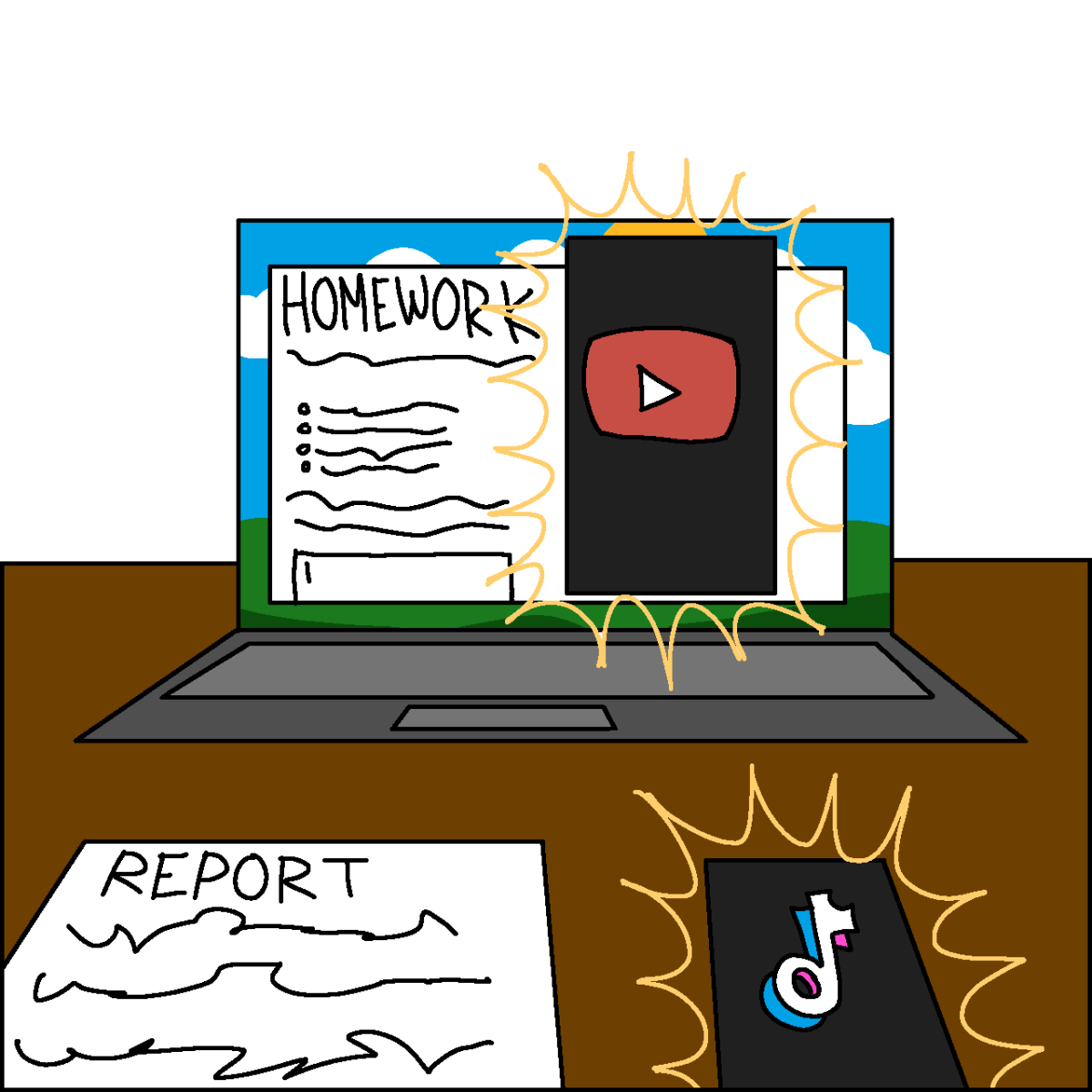
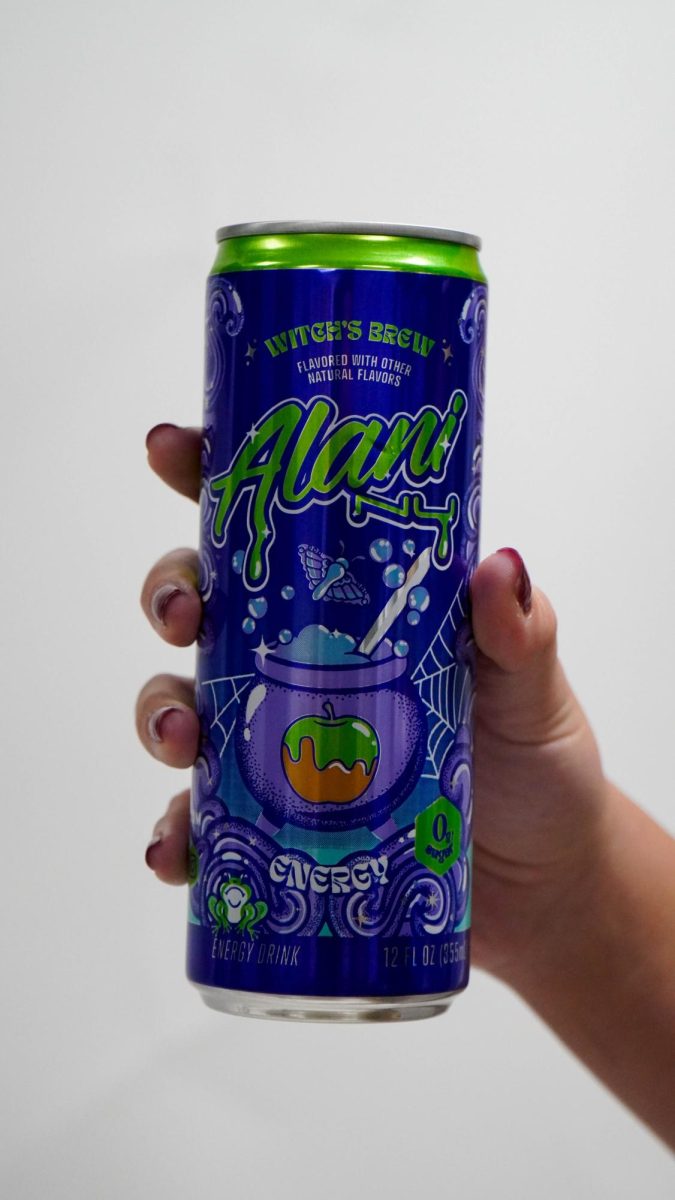
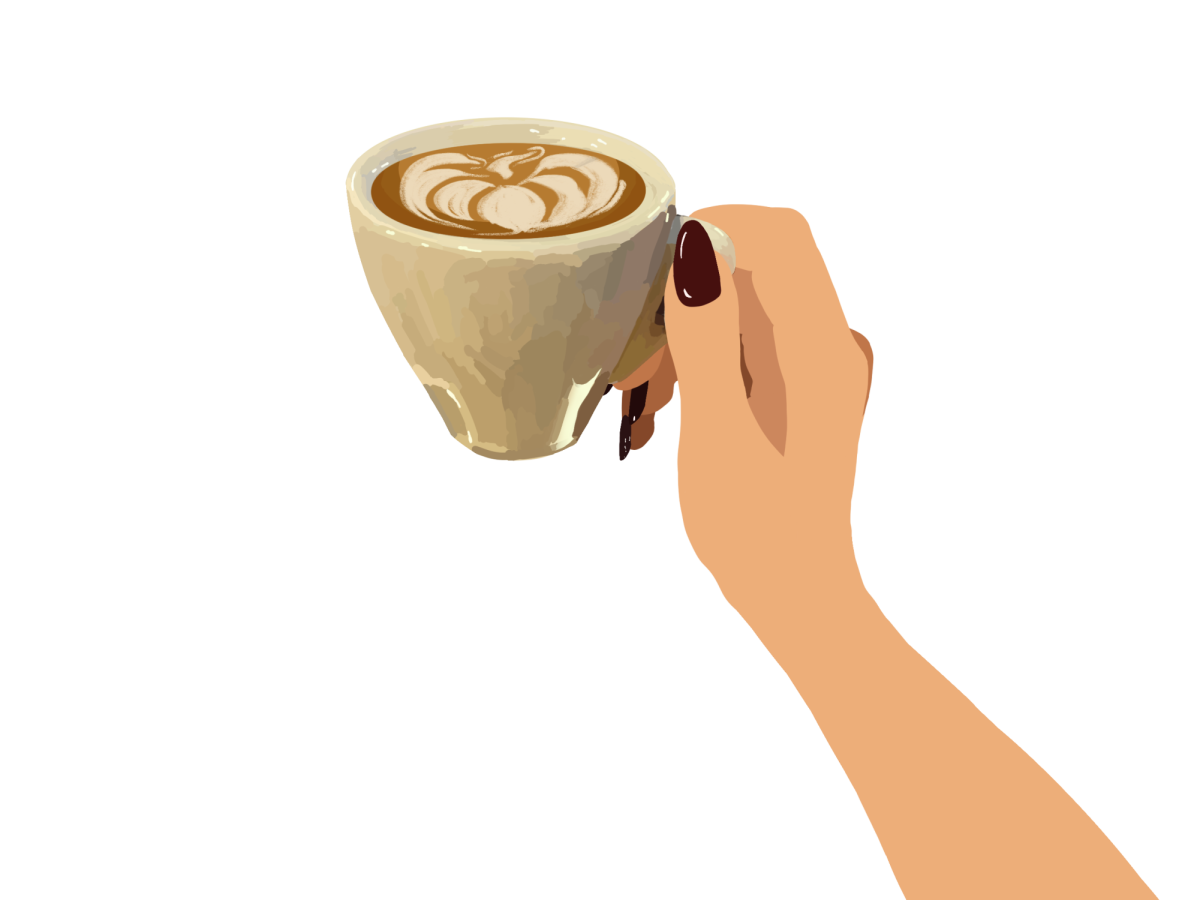
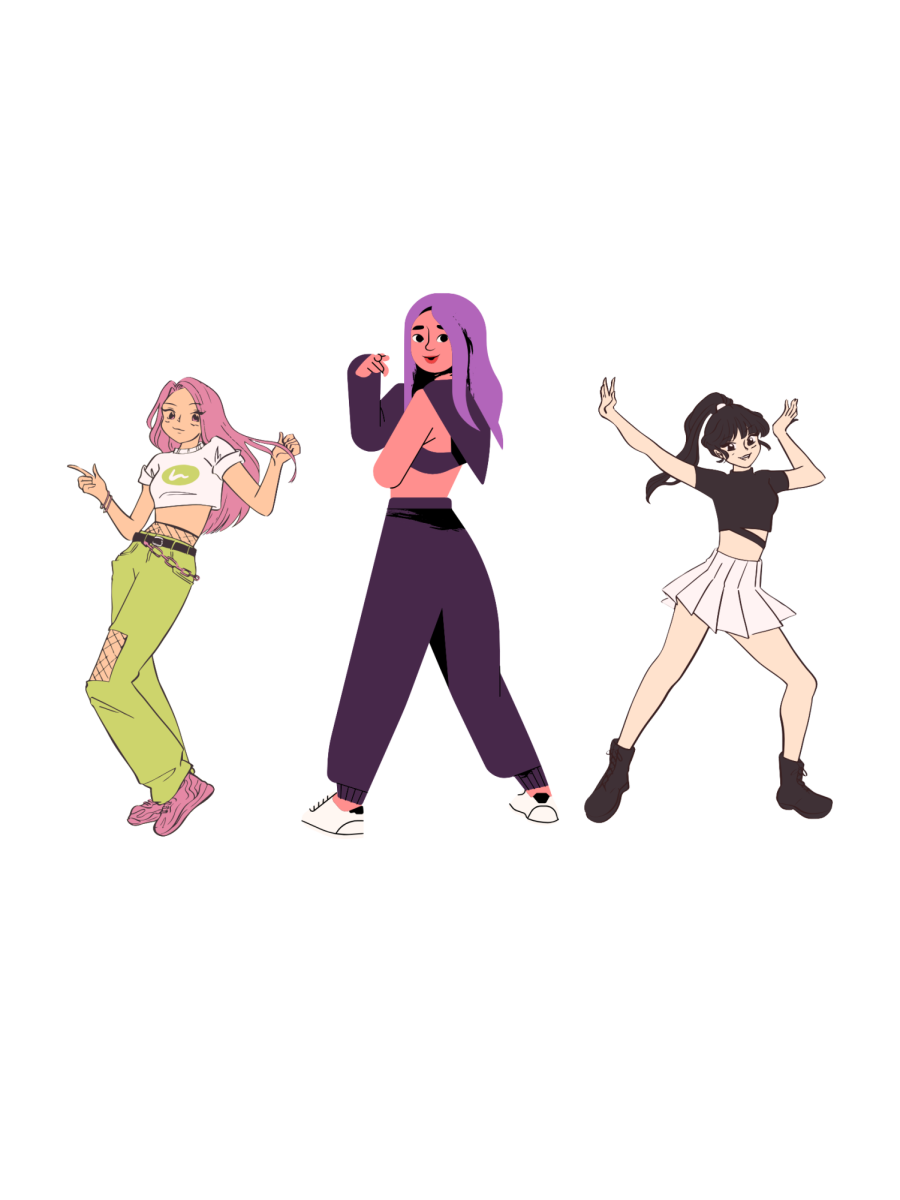







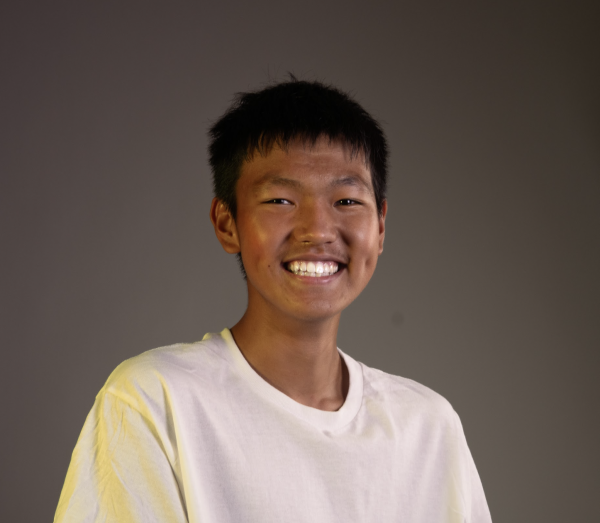
Akkaash Naidu • Sep 23, 2024 at 12:05 pm
Great job Bowen! Keep going with your dream!